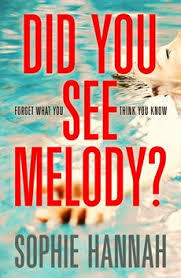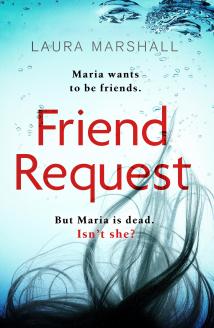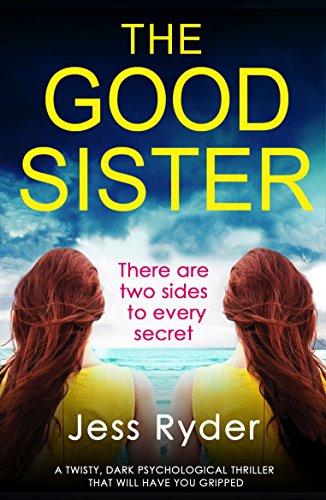Not Thomas is the second book I've read in a row (the other one being Frances Maynard's excellent The Seven Imperfect Rules of Elvira Carr) which deals at least in part with a damaging mother-child relationship.
Admittedly, the two situations are very different, and in some ways diametrically opposite. Elvira is a young woman; Tomos (the five-year-old narrator of Not Thomas) is a little boy. Elvira's Mother was forty-five when her child was born; Tomos's Mammy was just fourteen. Elvira's Mother was extremely controlling, Tomos's Mammy very neglectful. But there are similarities, too: both mothers fail to recognise or value their child's needs; both see them as a burden rather than a gift. Actually, I think Tomos and Elvira would get on really well together.
The story is told from Tomos's point of view, and as readers we can plainly see that his life is appalling. Even his basic physical care needs aren't met, let alone his emotional needs. Meals are a packet of crisps, if he's lucky. (He saves the pink packets for Mammy, though, because they're her favourite.) Tomos loves his Mammy, Rhiannon (Ree) and craves her attention, but it's never forthcoming. Half the time she's not even there, leaving Tomos to fend for himself. Thankfully there are some people looking out for Tomos. Kaylee's mammy walks him to and from school every day, and tries to keep an eye on things. His young teacher, "Miss", genuinely loves him and does everything she can to help him. Not everyone is so supportive, though - there are some people (I'm looking at you, Miss Pugh Year Two) who can't look beyond the dirty, smelly clothes and unsigned permission slips to see the child in need.
Tomos's life wasn't always like this. Until recently both he and Ree lived with foster parents, who Tomos called Nonna and Dat. They loved Tomos and looked after him, and it's perhaps this early stability which has helped Tomos to remain the lovely boy he is. (Because he really is.) But then something happened, and now it's just Tomos and Ree - and her boyfriend Brick. Tomos's vulnerability is both heartbreaking and terrifying.
Ree isn't evil or directly abusive, she's just inadequate, and incapable of seeing beyond her own needs for long enough to provide her son with any care or protection. She's able to pull things together just enough when needed to keep the social workers at bay, though. They know things aren't right, but there just isn't quite enough evidence to do anything about it. There are many missed opportunities for various people to see how things really are and help Tomos, which make painful reading.
Tomos's everyday life is bad enough, but things can still get worse, and they do. I was so worried about him by this stage that I could neither stop reading nor hardly bear to continue as the situation became unbearably tense.
I've read some criticism on the grounds that Tomos's narrative voice is unrealistic - far too sophisticated for a five-year-old. But what we're reading isn't Tomos writing or speaking (of course no five-year-old is that articulate); it's what he is thinking and experiencing. And a certain amount of licence is needed in order to allow the story to flow, and to convey information to the reader about which Tomos is not necessarily aware - usually via him conveniently overhearing conversations. Very occasionally, this can feel a little forced. But it's hard to see how else this information could be conveyed without stepping outside of Tomos's viewpoint.
This is a marvellous book, in which you become completely immersed in Tomos's world; I can't imagine anyone could read it without caring desperately what becomes of him. It's a vivid depiction of what life is like for a child in a chaotic environment where no adults are capable of taking responsibility. Highly recommended.
Sara Gethin is a pen name for children's author Wendy White. This is her first book for adults.










